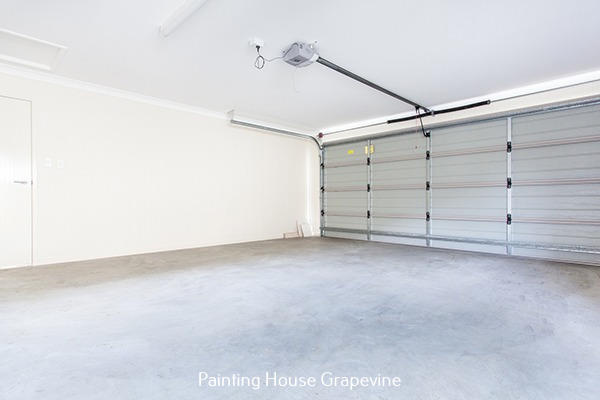Introduction:
Nestled in the northern part of the Lone Star State, Dallas, Texas, stands as a dynamic and thriving metropolis with a rich history and a modern edge. Known for its iconic skyline, cultural diversity, and vibrant economy, Dallas has earned its place as one of the key cities in the United States. Visit this link for more information.
Historical Foundations:
Dallas traces its roots back to the mid-19th century when it was founded along the banks of the Trinity River. Initially established as a trading post, the city flourished as a center for commerce and transportation, becoming a key player in the cotton and oil industries. Today, remnants of its historical past can be explored in areas like the West End Historic District, offering a glimpse into the city’s evolution. Read about Arlington, Texas: A Vibrant City at the Heart of the Lone Star State here.

Economic Powerhouse:
Dallas stands tall as an economic powerhouse, boasting a diverse and robust economy. The city’s strategic location, coupled with a business-friendly environment, has attracted corporations from various industries. The Dallas-Fort Worth metroplex serves as a major business hub, housing Fortune 500 companies and driving innovation in sectors ranging from technology to finance.
Cultural Diversity and Arts:
The cultural landscape of Dallas is as diverse as its population. The Dallas Arts District, one of the largest urban arts districts in the nation, is home to world-class museums, theaters, and performance spaces. Institutions like the Dallas Museum of Art and the Nasher Sculpture Center showcase an impressive array of artistic treasures, contributing to the city’s reputation as a cultural mecca.
Sports and Entertainment Hub:
Dallas is synonymous with sports, and its passionate fan base fuels a vibrant sports culture. The AT&T Stadium in Arlington, home to the Dallas Cowboys, is an architectural marvel and a symbol of the city’s love for football. The American Airlines Center, situated in the Victory Park neighborhood, hosts major sporting events and concerts, making it a focal point for entertainment enthusiasts.
Distinctive Architecture and Skyline:
The Dallas skyline is a testament to the city’s modernity and architectural prowess. Iconic structures like the Reunion Tower and the Bank of America Plaza contribute to a breathtaking panorama. The Margaret Hunt Hill Bridge, designed by renowned architect Santiago Calatrava, adds a touch of contemporary elegance to the city’s infrastructure.
Parks and Outdoor Recreation:
Amidst the urban hustle, Dallas offers an abundance of green spaces and recreational opportunities. White Rock Lake, located in the heart of the city, provides a picturesque setting for outdoor activities, including hiking, biking, and sailing. The Katy Trail, a popular urban trail, offers a scenic route for joggers and cyclists, showcasing Dallas’s commitment to promoting an active lifestyle.
Education and Innovation:
Dallas is home to prestigious educational institutions, including Southern Methodist University (SMU) and the University of Texas Southwestern Medical Center. These institutions contribute to the city’s intellectual capital and foster innovation in various fields, ranging from business and technology to healthcare and research.
Conclusion:
As a city that seamlessly blends its historical foundations with a contemporary and forward-thinking spirit, Dallas, Texas, stands as a symbol of cultural richness, economic vitality, and diverse opportunities. From the arts and sports to business and education, Dallas continues to be a dynamic force, leaving an indelible mark on the landscape of the Lone Star State.
